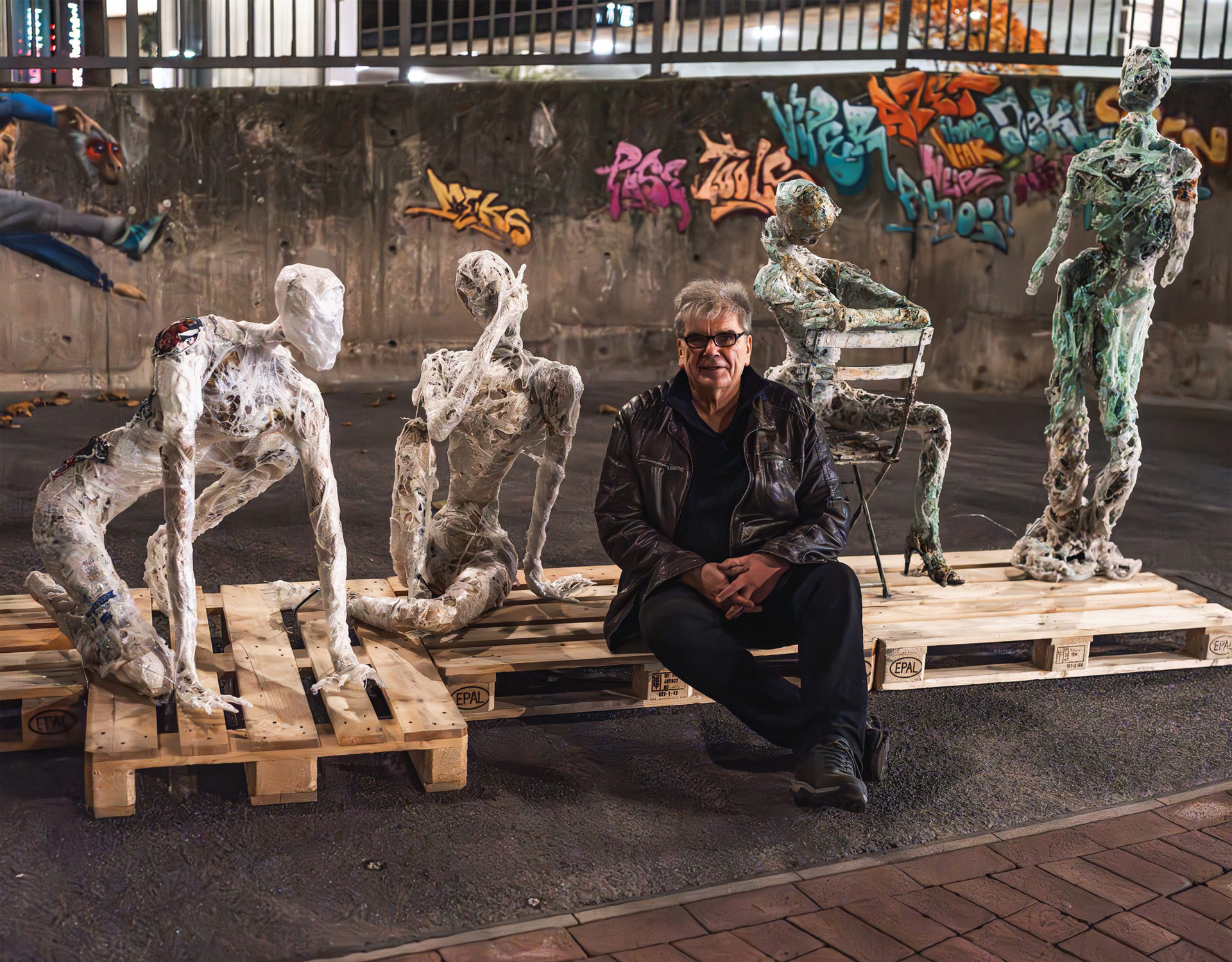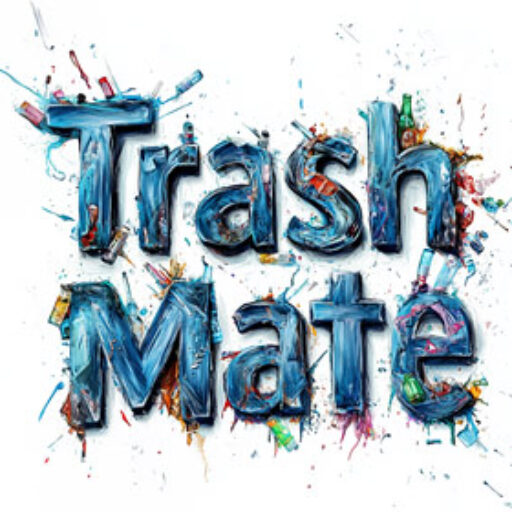
Our value system is changing. Things are often rated according to how useful they are for us. As a rule, nature only has value if it provides us with food or brings us pleasure. Anything that jeopardises or disturbs this benefit is labelled as a weed or vermin. But as our relationship with nature changes, we are beginning to break down this categorisation. We are realising that even those things that were once considered a nuisance have an important benefit, which is the preservation of our environment. This scale of values is currently changing.
We realise that many things that previously seemed important to us are no longer good for us. In fact the opposite is the case, it even puts us in threatening situations. The system we have been used to is being questioned, but the path to something new requires profound changes without giving us any guarantee of improvement. We have become accustomed to our prosperity and enjoy it. But through globalisation we are suddenly confronted with the costs. Like a couple who have treated themselves by eating out in an expensive restaurant, we realise that we cannot pay the bill. Much like someone who has lived beyond their financial means, we now have to economise. This means that many cherished habits can no longer be continued.
People oscillate between uncertainty and being overwhelmed. Forced to face an uncertain tomorrow, many long for their yesterdays. This uncertainty and excessive demands ultimately lead to a counter-reaction: refusal. The pace of change is too fast. We can keep up for a while, but depending on our personal resilience, we drop out sooner or later. We no longer keep up, we let go. These are precisely the times we are experiencing now.
The role of art in times of change
It is no longer a question of telling us what we should do - we already know that. But we are overwhelmed by the realisation. This is where art can make a valuable contribution. Historically, it has always been able to document social upheavals and manifest new values. Cubism, for example, documented the disintegration of the world and led to new pictorial realities that were in harmony with social changes. Art can compress world events and return them to us in a tolerable dosage. The observer him or herself determines the intensity of the dosage and the speed at which it is absorbed.
With Duchamp's urinal at the latest, art proved how lastingly it can question value systems. When Josef Beuys finally established materials such as felt and grease as materials for object art and people paid six-figure sums for them, things went off the rails in the world of art. Art has the ability to create images that, if they are powerful enough, will stick with the viewer and may unfold their effect much later.
Trash Clash Art is a game with the two ends of our value scale: Art and waste, content and packaging. Its effect varies depending on the context in which it appears. A urinal in a DIY store is different from the same urinal in the Museum of Modern Art. A lesson that Duchamp taught us. This creates chains of associations that the viewer either ignores or accepts - the decision is up to them.
Trash Clash Art took place on 10 and 11 November 2023 at Raschplatz and Monkey's in Hanover. Organised by HANNOVER LEUCHTET e.V.
